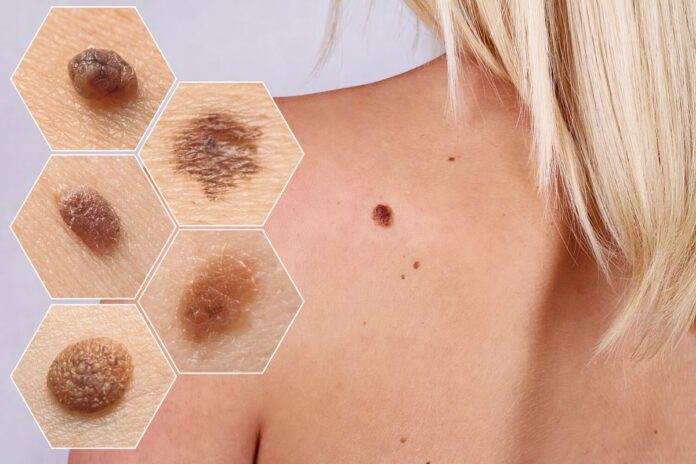
While cutting away your skin layers until you remain cancer-free may sound scary, it could save you from recurring skin cancer. Mohs surgery involves taking out little by little pieces of your cancerous skin and testing them till they show no more cancer in them. You can access treatment from a Mohs skin cancer surgeon Stockton who has vast experience in using this treatment to eliminate the most common forms of skin cancer.
Why Would Your Doctor Recommend Mohs Surgery?
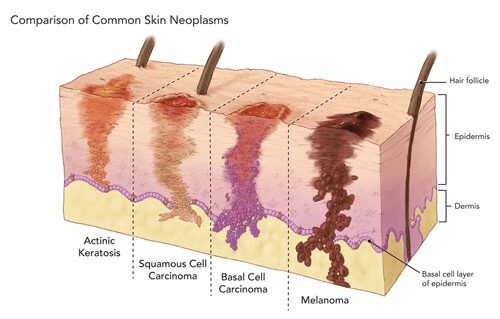
You may need this surgery because it treats all common forms of skin cancer, including basal and squamous cell carcinomas and melanoma. Your doctor may likely recommend Mohs surgery to treat skin cancers with an increased risk of return after treatment. Also, you can undergo this surgery for skin cancers in sensitive areas you wish to keep healthy and large and quickly growing skin cancers. Furthermore, Mohs surgery may be useful in treating skin cancers with edges that are not easy to define.
How Do You Prepare for Mohs Surgery?
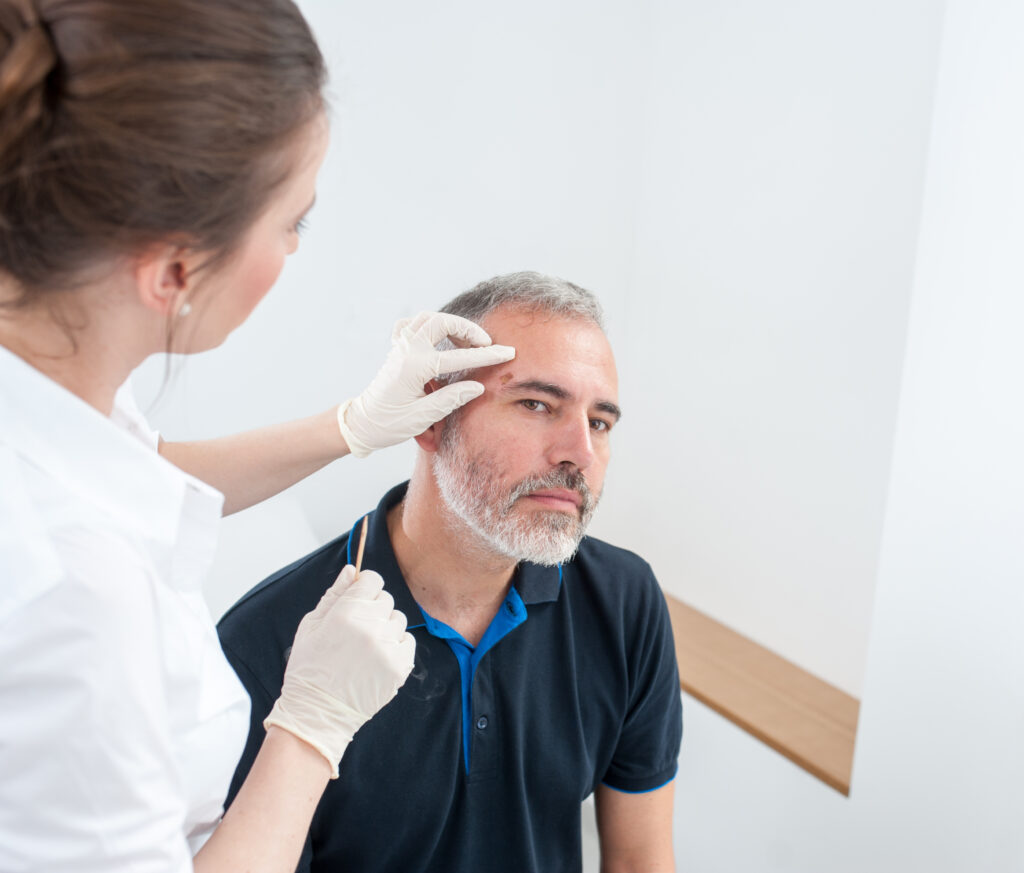
Before surgery, your doctor may recommend guidelines you will need to follow. First, you may need to stop using certain medications and supplements, especially blood thinners. Blood thinning medications may increase your risk of bleeding after surgery. Secondly, you can take your usual food before surgery unless your doctor says otherwise. Additionally, ensure you wear comfortable clothing on your day of treatment.
What Happens During Surgery?
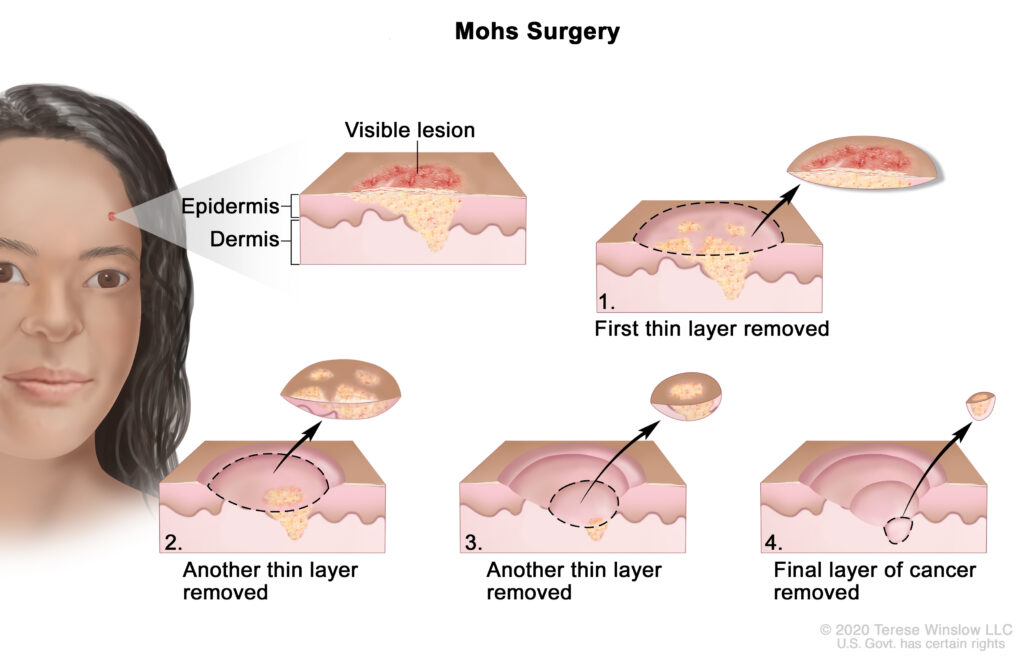
Your doctor will begin by administering local anesthesia to the treatment area to numb it so you will not feel pain during surgery. After anesthesia, your doctor will use a scalpel to cut the visible skin of your cancer and then cut a thin layer around and under the cancer. You may need bandaging, and the removed tissue will go into the lab for testing and analysis. Your doctor will observe the sample under a microscope to check for cancer so they will know where to continue in your operation. Your surgery will continue if your doctor finds more cancer from the sample tissue and removes layers containing cancer. The process will continue until your doctor ensures your skin sample proves cancer-free.
What Can You Do After Surgery?
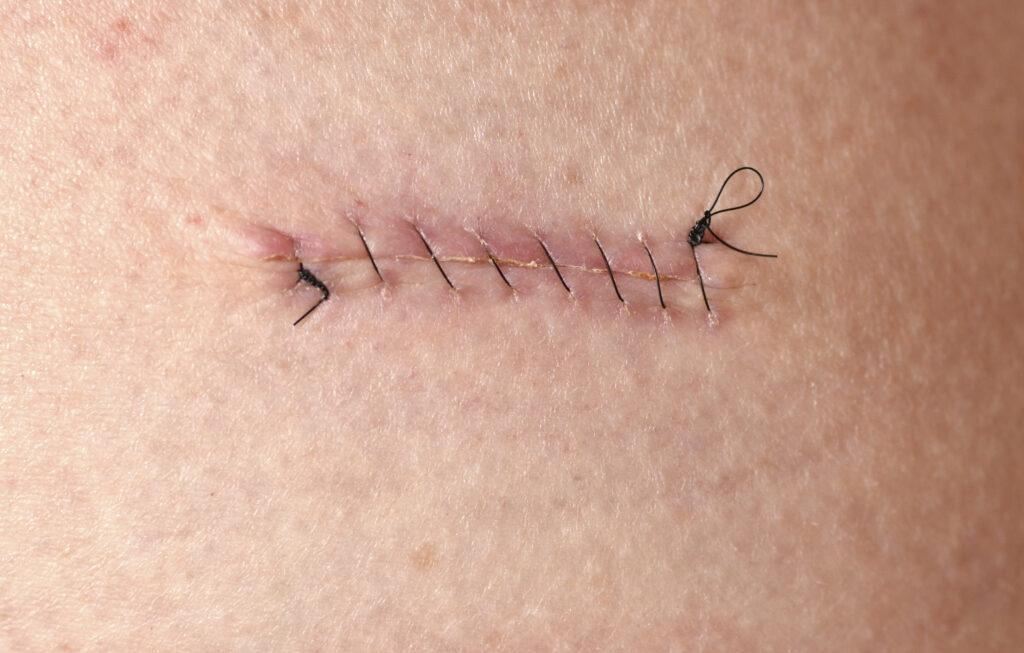
After your doctor removes the last piece of your cancer, you may need to decide what fixation will suit your wound. Fixing may include stitching, wound healing, and using another skin from a different body part. You will likely feel pain and soreness, but your doctor can prescribe pain relievers to reduce pain symptoms. You may need to wear a bandage to protect your wound while changing the bandage daily.
LUX Dermatology has a professional medical team that can perform Mohs surgery to help you eliminate skin cancer and prevent it from coming back. Your doctor will assess your skin, take samples, and send them to the lab until they are sure your skin has no more cancer cells. You can visit the website to request your online appointment and get rid of cancerous skin cells.








